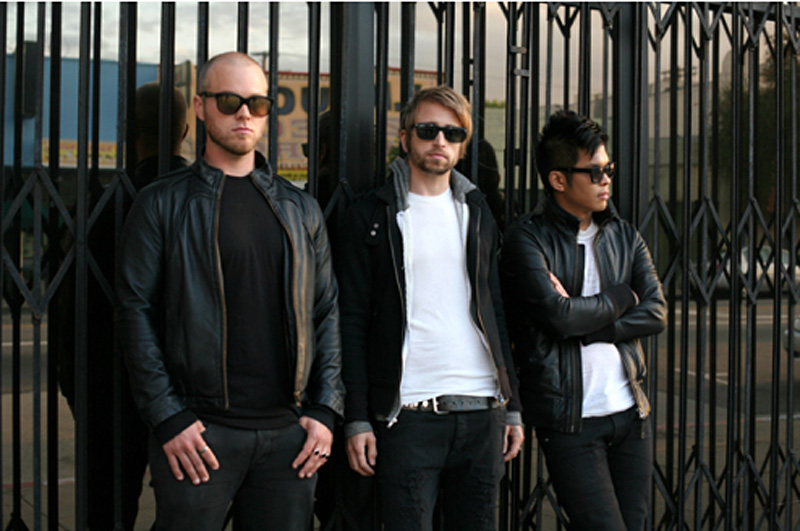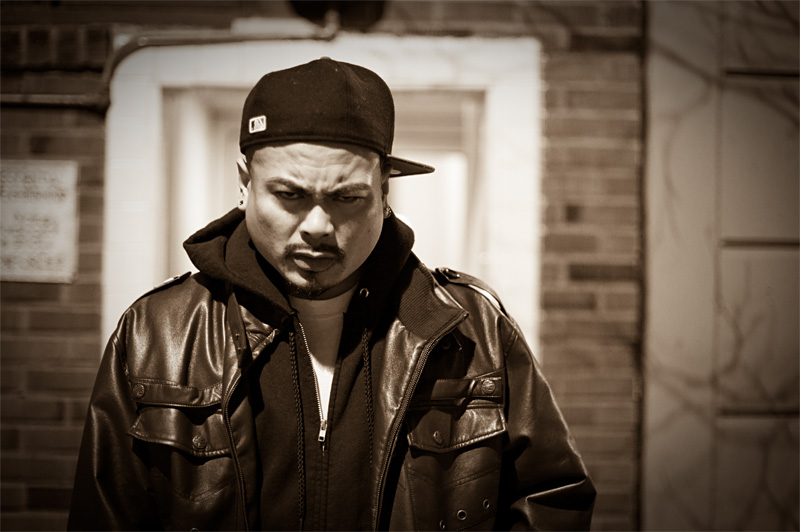Four rappers from Atlanta called Goodie Mob entered the national consciousness in 1995 with their debut album, Soul Food. Khujo, Big Gipp, T-Mo, and Cee-Lo reveled in the exoticism of their hometown and their own individual eccentricities—not unlike OutKast, a duo that stood at the vanguard of a loose affiliation of A-town MCs and producers dubbed the Dungeon Family. They were weird and they knew it. They didn’t care.
Released a year after OutKast’s 1994 debut Southernplayalisticadillacmuzik, Soul Food is a hearty, nutritious serving of songs that tackle everything from political oppression to personal drama with the flair and sincerity of a church choir. The title track is a deeply felt ode to Southern cuisine and the culture that created it. Like another of the album’s singles, “Cell Therapy,” a strange combination of poverty-born paranoia and black-helicopter conspiracy, it ably showcases each member’s rhyming abilities and unique delivery.
That balance, however, wobbles on Goodie’s second LP, 1998’s Still Standing. In retrospect, it was a portent of things to come. On track after track, Cee-Lo’s distinctive high-pitched twang and evocative imagery reduces his cohorts to the background—no easy feat given each man’s talent. Nowhere is this more apparent than on “I Refuse Limitation”—a slow-burning, blues-style number that finds Cee-Lo telling a three-act story of struggle that uses as its only rhyming principle the long “e,” as in “enemies” and “threes.” The structure is as complicated as the narrative is devastating.
Though two more albums were released under the Goodie banner, only 1999’s disappointing World Party featured all four members. Perhaps aware of his growing stature, Cee-Lo left the group, releasing two critically lauded but commercially disappointing solo albums before striking gold on both counts in 2006 with his Gnarls Barkley partner Danger Mouse with the inescapable hit “Crazy.” Judging by the title the remaining three members chose for their final Goodie album, One Monkey Don’t Stop No Show, Cee-Lo’s departure had not been amicable.
But no amount of internal animus could destroy their legacy. Along with OutKast, Goodie Mob helped expand hip-hop beyond its bicoastal fixation, helping scenes in cities from St. Louis to New Orleans get noticed. That the recently reunited Goodie Mob is able to launch a national tour after all these years shows how many people outside of Atlanta remember not only their influence but the quality of their music.






